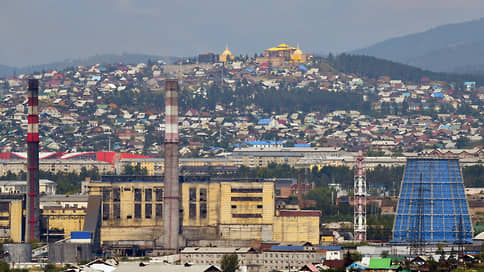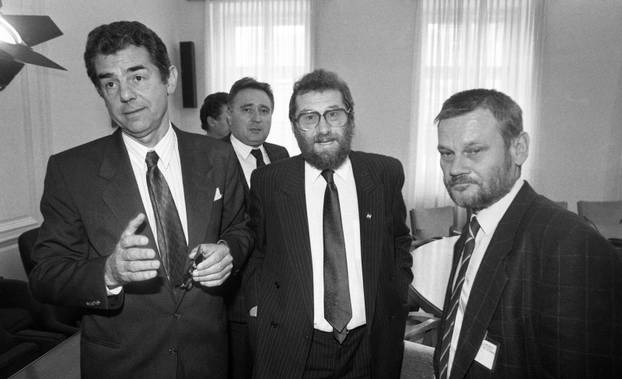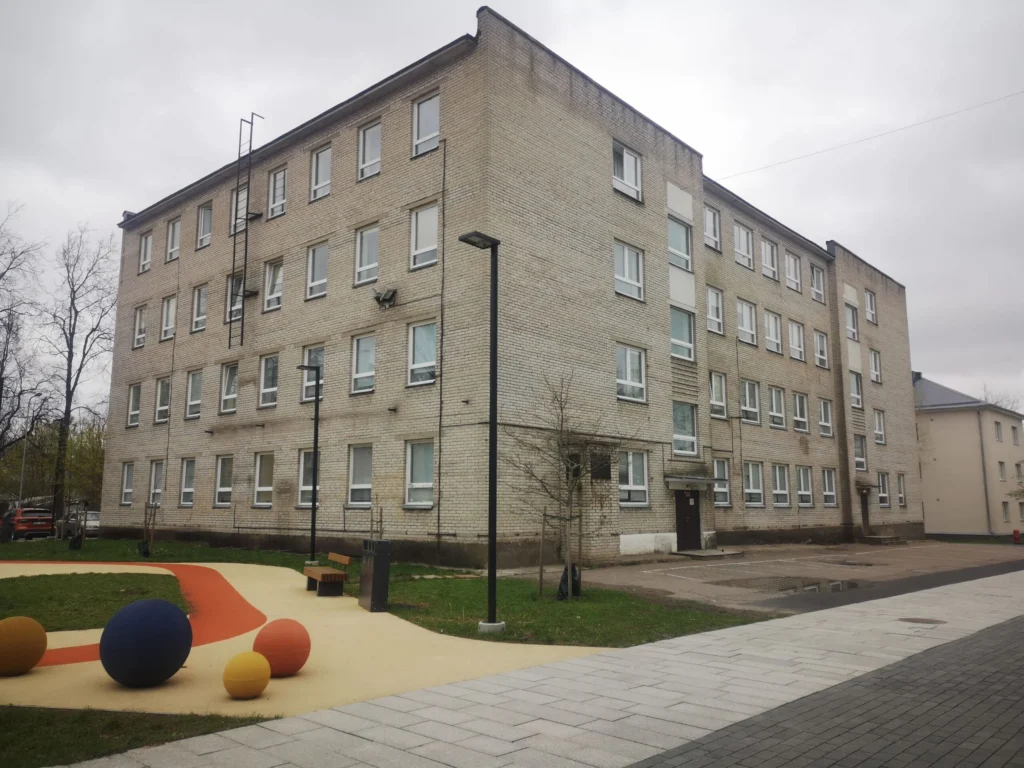The Government of the Russian Federation may remove restrictions on the issuance of power for blocks

According to Kommersant, the Government of the Russian Federation may make restrictions on the issuance of power for block stations. Such stations are used at industrial enterprises and can sell electricity directly. According to analysts, industrial generation in the Moscow region and in the south of Russia can help the energy system during the shortage.
The Government of the Russian Federation can withdraw restrictions on the issuance of capacity to the common network by consumer generation objects, follows from the draft resolution prepared by the Ministry of Energy (“Kommersant” saw a document). We are talking about additional loading of block stations at the command of the “system operator” (CO; the dispatcher of the energy system) in emergency situations. In this case, the produced electricity will not be taken into account when checking the station for compliance with the criteria of retail generation. The initiative applies to enterprises that already have a technical possibility of issuing capacity to the network.
Today, a block of less than 25 MW operates in a retail energy market: they are used at industry enterprises or sell electricity directly to end consumers or sales companies. Power plants of greater power according to current rules are required to supply energy to the wholesale market, that is, all consumers. Obligations for the supply and payment of power in the wholesale market are formed in advance according to the results of the annual competitive power selection.
According to the Kommersant source, now the possibility of issuing power to the network depends on the technical conditions for connecting the generating object: it is limited to 25 MW, but it may be completely prohibited. The draft resolution provides for the removal of restrictions on the issuance as a whole. Also, on command of CO, it will be possible to give to the network and more than 25 MW, if there is a need to support the energy system.
In CO, “Kommersant” was reported that today consumers with their own generation can, if there is a technical ability to issue electricity to the network and receive payment for it. At the same time, the power plant of an industrial enterprise may cease to comply with the criteria for retail generation if it will issue significant volumes to the network. “The possible loss of the status of the retail generation object limits the maximum use of the resource of all generation located in the energy deficiency area,” the regulator explains. The draft resolution may remove the risk to the consumer. According to CO, in the combined energy system (SEC) of the south, such a norm would allow attracting a resource of retail generation in the amount of up to 100 MW. “We hope for the adoption of the changes under consideration before the period of the summer maximum of loads in the South South Summer,” says the dispatcher.
The situation in the South South South was aggravated last summer, when dispatchers had to disconnect from power supply and household consumers. Among the reasons are the growth of consumption due to heat, repairs at TPP, disconnecting the unit of the Rostov NPP (1 GW). The wholesale energy prices as a result updated maximums nine times, the business has increased the demand for equipment for autonomous power supply (see Kommersant on August 6, 2024 and on July 22, 2024).
The “Energy Consumer Community” (large industry lobby) believes that the project, although it removes administrative restrictions, needs to be finalized, since it provides only partial compensation for fuel costs and does not take into account the conventional costs of consumer generation, which provides supply to the general network at the request of the dispatcher to prevent energy systems in the energy system.
The Ministry of Energy “Kommersant” did not answer the question of how the consumer cost compensation mechanism will look.
In the spring of 2024, the Ministry of Energy already discussed the possibility of obliging all stations over 5 MW to sell electricity and capacity only on a wholesale energy market, but in the end the initiative was not approved.
Sergei Rozhenko from Kept explains that Technologically, any generator working in parallel with the network can issue power to the energy system, whether it is a power plant or a block station at an industrial facility. On the network, he said, there are technological restrictions that affect the maximum level of issuance, but the main restrictions are tariff and administrative in nature, which relate to regulatory changes. “In scarce energy zones, for example, in the Central Moscow region or in the south of Russia, there is a certain amount of industrial generation, which has reserves to help the energy system during the shortage period, but does not have a mechanism for obtaining compensation for these costs,” the analyst said. And for some of them with a capacity of more than 25 MW and having the status of block stations, it continues, the restriction on the issuance of power is valid so that this status is not lost, and the draft resolution is aimed at lifting this legal collision.








